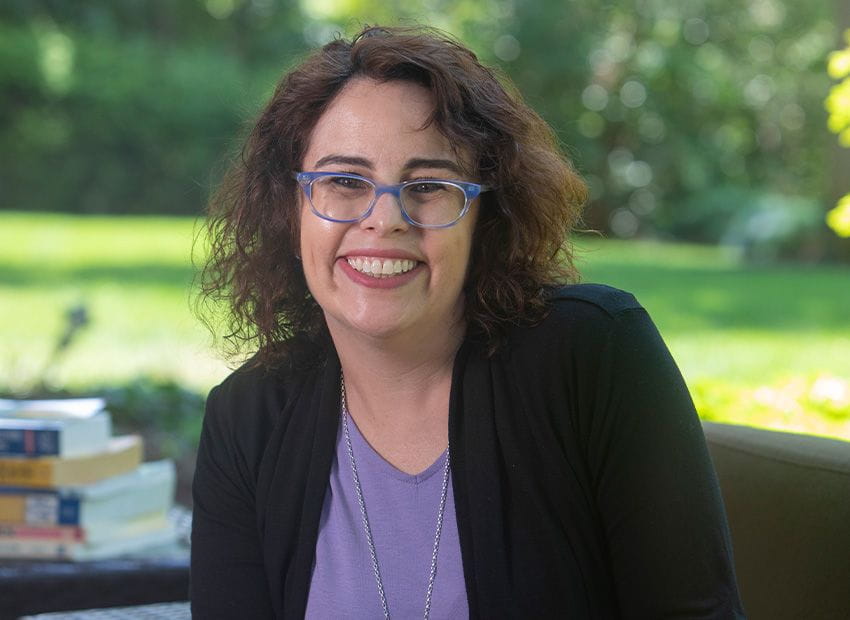What You Can Do Before Senior Year to Prepare for Essay Writing
For years, decades even, I have been telling high school freshmen, sophomores, and juniors to keep a journal, which will prepare them for eventual college essay writing. I estimate that over the course of my admissions career, I’ve had conversations with literally thousands of students, and this journal tip is one of my favorite bits of advice. I also estimate that of all the students I have spoken to, approximately zero have actually heeded my advice. Of course, I don’t know this for a fact. There might have been one high-achiever who heard me in an information session circa 2014 and is now the proud owner of 14 filled Moleskin notebooks and the degree from the college where she was admitted Early Decision. But, now, I think it’s time for me to downscale my advice, in the hope that someone, anyone, will listen.
Instead of writing a journal, because you’ve got enough to do already, I want you to try writing one line a day, in long hand (that means not on a computer or a phone). You will use this one line to describe the most memorable thing that happened to you that day. Just one sentence. And, as you can see, a sentence can be three words, but for the point of this exercise, you might want to consider a bit longer.
Note: I instructed you to write about the most memorable thing that day. I did not say, life-changing, earth-shattering, or magical. Certainly, I would expect you to write about something magical if something magical actually happened. There will be days when the personal or academic or extracurricular stars align and something transformative happens. However, there will be more days when you write about getting stuck on the subway and missing first period class, or randomly forgetting the same locker combination you’ve had for the past four months. But documenting your relatively minor observations will get you into the habit of reflection in a way that is micro enough for you to actually do it consistently. Another bonus? This act of writing will be something you do just for you.
How many things do you do that are just for you? How many things happen to you that you do not share with friends? How many things do you hold in the recesses of your memory, much less an actual book, without first texting or putting on Snapchat? How many things do you actually write? Like write with a pen. Or pencil. Pencil is fine. I actually like pencils, mostly because of the whole erasing thing.
How does this sentence-a-day journal thing connect to essay writing? During the summer leading into your senior year in high school, when you are struggling to remember anecdotes about what has actually happened to you over the past three years, look at this book, the one that now has some pages dog-eared to commemorate the juicy experiences, the ones ripe for sharing. And be inspired.
I noticed that my local bookstore has journals designed to give the writer (you!) room to write one sentence every day. Apparently, I did not invent this idea, although none of the journals seem specifically designed for writing college essays, so maybe I kind of did and should contact my marketing team at once. But, you obviously don’t need a special journal. You need a paper notebook, a writing utensil, and your thoughts. Thoughts, which will become documented memories, which might then become essays. Even if they do not, consider the documenting of each day to be a tiny gift you give yourself. And, if you want to write more, you can always keep a real journal, with lengthy entries. But let’s face it, you probably won’t.






